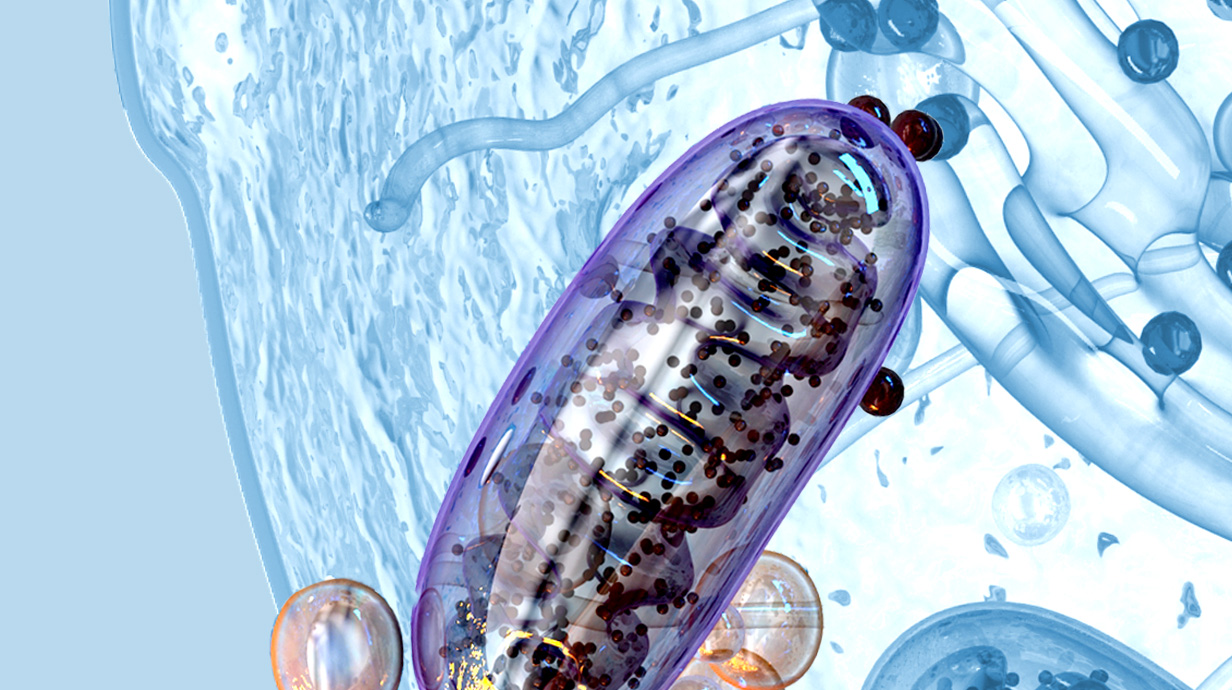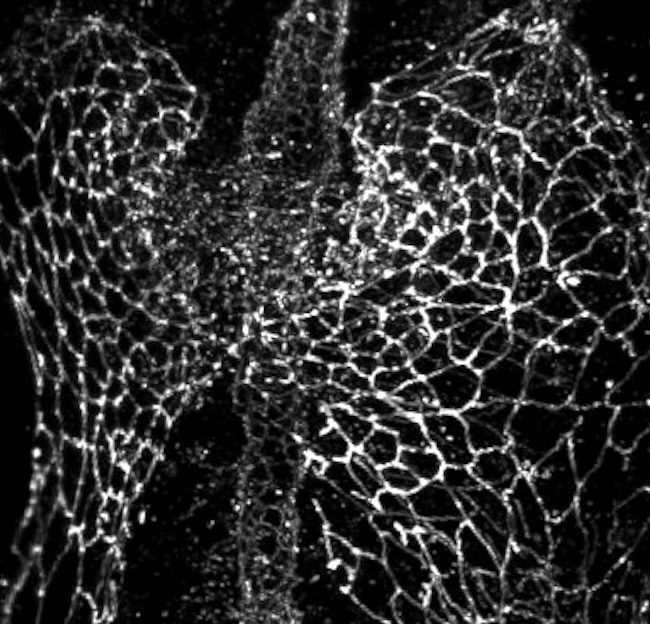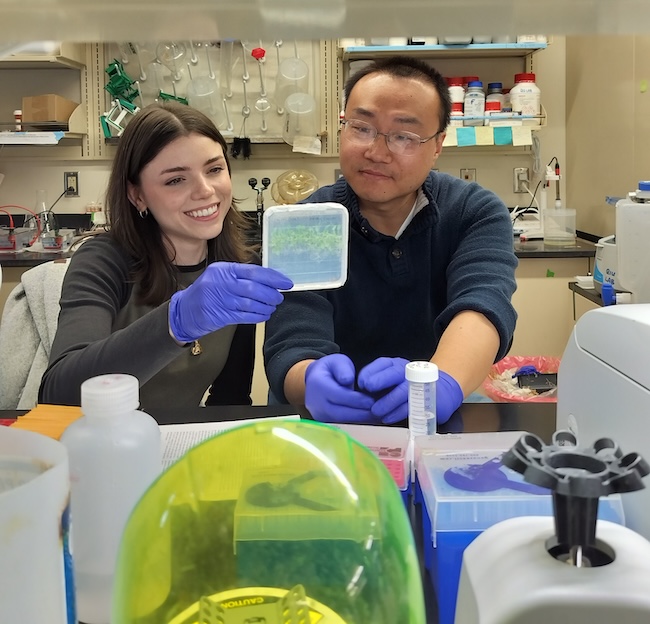Cellular and Molecular Biology
Explore the mechanisms behind an organism’s growth, development, and behavior.

Distinguished Faculty Shaping Cellular and Molecular Biology Research
From the molecular basis of plant development and adaptation, to cell physiology and differentiation, researchers in this area emphasize the fine scale examination of biological problems at a cellular and molecular level. They explore the mechanisms behind an organism’s growth, development, and behavior.
Faculty Members Who Specialize in Cellular and Molecular Biology Research | ||
|---|---|---|
| Faculty Member | Ph.D. Degree | Research Interests |
| Joshua Bloomekatz | Weill Cornell Medical College | fundamental principles underlying cardiovascular morphogenesis and development |
| Sixue Chen | East China Normal University | molecular mechanisms of glucosinolate biosynthesis and plant stress resilience using systems biology |
| Patrick Curtis | University of Georgia | bacterial signaling pathways and prokaryotic development |
| Wayne Gray | University of South Alabama Medical School | virology, vaccine development |
| Mika Jekabsons | University of California-Davis | mechanisms of apoptosis, cell physiology and mitochondrial physiology |
| Brad Jones | Yale University | cell differentiation, nervous system development, Drosophila genetics |
| Sarah Liljegren | University of California-San Diego | transcriptional networks and cell signaling required for plant development |
| Sayaka Miura | Pennsylvania State University | molecular evolution, phylogenetics of mutations and tumor migrations in cancer |
| Yongjian Qiu | Washington State University | molecular and cellular mechanisms of morphogenetic adaptation to environmental changes in plants |
Research and Grants

Origins of Heart Defects
Dr. Josh Bloomekatz’s current research is supported by a grant from NIH entitled “Investigating collective myocardial cell movement during heart tube formation.” The process of building the primitive heart tube starts with the collective movement of myocardial cells from bilateral locations in the anterior lateral plate mesoderm to the midline, a process called cardiac fusion, which is conserved in all vertebrates. The Bloomekatz lab is using a multi-dimensional approach examining cardiac fusion at the tissue, molecular, cellular, and biomechanical level.

Enhancing Health and Extending Life
Dr. Yongjian Qiu’s current research is supported by a grant from NIH entitled “Regulation of HSP70 function during heat stress tolerance.” By exploring HSP70’s structural features and their impact on cellular functions using Arabidopsis as a model system, the project will contribute significantly to our fundamental understanding of protein homeostasis and its role in health and disease. Ultimately, the insights gained could lead to the development of novel therapeutic strategies aimed at modulating HSP70 pathways, offering the potential to enhance health, extend life, and mitigate various illnesses.
